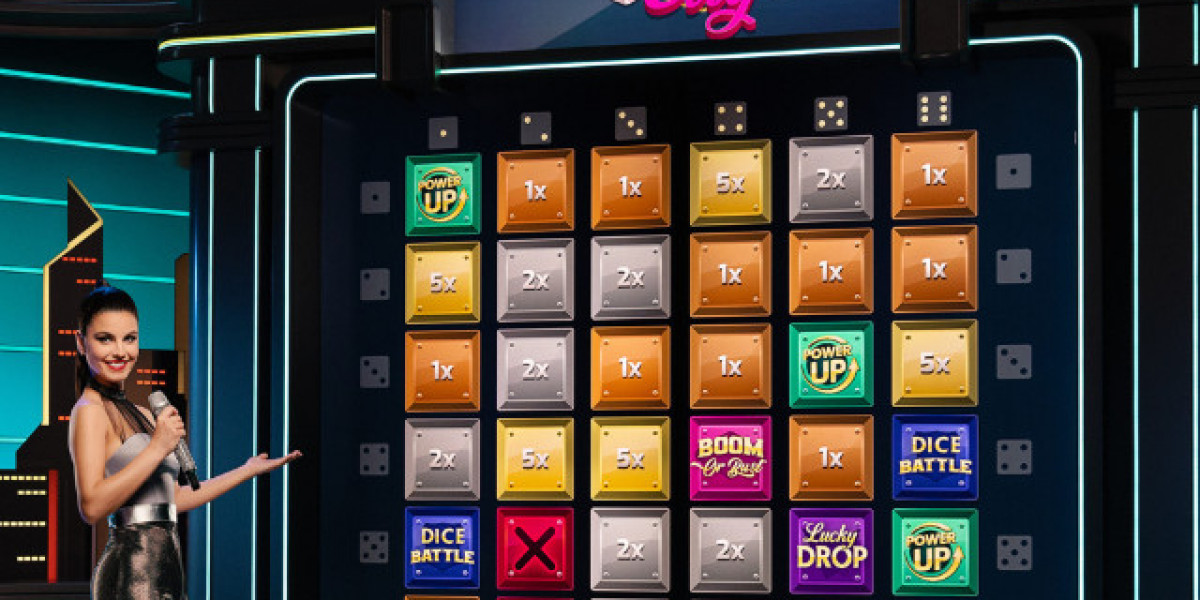In the digital age, where technology is seamlessly integrated into everyday life, the realm of online gaming has expanded beyond mere entertainment. Free pragmatic games, a subset of this vast universe, offer a unique blend of educational value and interactive fun. These games are designed to be practical, focusing on real-world applications and problem-solving skills. This article delves into the world of free pragmatic games, exploring their benefits, popular genres, and how they can be a valuable tool for both education and personal development.
What Are Free Pragmatic Games?
Free pragmatic games are online games that are available at no cost and are designed to teach or reinforce practical skills. These games often simulate real-world scenarios, allowing players to apply their knowledge in a controlled environment. Unlike traditional video games, which may focus on fantasy or action, pragmatic games aim to provide tangible benefits that can be applied outside the game.
Key Characteristics of Free Pragmatic Games
- Educational Value: These games are designed to teach specific skills or concepts, making them ideal for learning and development.
- Real-World Applications: Players can apply the skills learned in these games to real-life situations, enhancing their practical knowledge.
- Interactive and Engaging: Free pragmatic games use interactive elements to keep players engaged and motivated.
- Accessibility: Being free, these games are accessible to a wide audience, including students, professionals, and lifelong learners.
Benefits of Free Pragmatic Games
1. Enhanced Learning and Retention
Free pragmatic games provide an engaging and interactive way to learn new skills. The hands-on approach helps in better retention of information, as players are actively involved in the learning process. For example, a game that simulates a business environment can help players understand financial management, marketing strategies, and 라이브 카지노 customer service.
2. Improved Problem-Solving Skills
These games often present players with challenges that require critical thinking and problem-solving. By navigating through these challenges, players develop the ability to think creatively and find effective solutions to real-world problems.
3. Increased Motivation and Engagement
The gamification of learning makes the process more enjoyable and less daunting. Players are motivated to continue playing and learning, as they receive immediate feedback and rewards for their progress.
4. Cost-Effective Learning
Since these games are free, they offer a cost-effective way to gain new skills and knowledge. This is particularly beneficial for students and professionals who may not have the resources to access traditional educational programs.
5. Social Interaction and Collaboration
Many free pragmatic games allow players to interact with others, fostering a sense of community and collaboration. This can be particularly valuable for developing teamwork and communication skills.
Popular Genres of Free Pragmatic Games
1. Educational Games
Educational games are designed to teach specific subjects, such as math, science, history, and language. These games often use interactive elements to make learning fun and engaging. Examples include:
- Math Blaster: A game that helps children improve their math skills through various challenges.
- Duolingo: A language learning platform that uses gamification to make learning new languages enjoyable.
2. Business and Management Games
These games simulate business environments, allowing players to practice skills such as financial management, marketing, and leadership. Popular examples include:
- The Sims: While primarily a life simulation game, it offers insights into managing a household and making financial decisions.
- Capitalism Lab: A business simulation game where players can start and run their own company, learning about market dynamics and business strategies.
3. Health and Wellness Games
Health and wellness games focus on promoting healthy habits and lifestyle choices. These games can help players understand the importance of nutrition, exercise, and mental health. Examples include:
- Zombies, Run!: A fitness app that turns running into an exciting game where players must outrun zombies.
- Headspace: A meditation app that uses gamification to encourage regular mindfulness practice.
4. Environmental and Sustainability Games
These games raise awareness about environmental issues and promote sustainable practices. They can help players understand the impact of their actions on the environment and inspire them to make positive changes. Examples include:
- Eco: A game where players must work together to build a sustainable civilization while managing resources and addressing environmental challenges.
- Recycle City: An educational game that teaches players about recycling and waste management.
How to Choose the Right Free Pragmatic Game
1. Identify Your Learning Goals
Before selecting a game, consider what you want to learn or improve. Whether it's a specific skill, subject, or area of interest, choosing a game that aligns with your goals will make the learning process more effective.
2. Evaluate the Game’s Quality
Not all free games are created equal. Look for games that are well-designed, have positive reviews, and are recommended by educational experts or professionals in the field.
3. Check for Interactivity and Engagement
Choose games that are interactive and engaging. The more immersive the game, the more likely you are to stay motivated and continue learning.
4. Consider the Game’s Community
Games with active communities can provide additional support and resources. Joining forums or online groups related to the game can enhance your learning experience and connect you with like-minded individuals.
FAQs About Free Pragmatic Games
1. Are Free Pragmatic Games Suitable for All Ages?
Yes, free pragmatic games can be suitable for all ages, depending on the game’s content and complexity. Many games are designed with specific age groups in mind, so it’s important to choose a game that is appropriate for the player’s age and skill level.
2. Can Free Pragmatic Games Replace Traditional Learning Methods?
While free pragmatic games can be a valuable supplement to traditional learning methods, they are not a complete replacement. They are best used as part of a well-rounded educational approach that includes other forms of learning, such as classroom instruction and hands-on experience.
3. Are There Any Potential Drawbacks to Playing Free Pragmatic Games?
One potential drawback is the risk of over-reliance on games for learning, which can lead to a lack of depth in understanding. Additionally, some games may contain in-app purchases or advertisements, which can be distracting or intrusive.
4. How Can I Ensure the Security of My Data When Playing Free Pragmatic Games?
To ensure the security of your data, choose games from reputable developers and platforms. Read the game’s privacy policy and terms of service to understand how your data will be used. Avoid sharing sensitive information and use strong, unique passwords for your game accounts.
5. Can Free Pragmatic Games Be Used in the Classroom?
Yes, many free pragmatic games are designed for educational use and can be incorporated into classroom activities. Teachers can use these games to supplement their lessons and provide a more interactive learning experience for their students.
Free pragmatic games offer a unique and engaging way to learn new skills and apply them in real-world scenarios. Whether you are a student, a professional, or a lifelong learner, these games can provide valuable insights and practical knowledge. By choosing the right game and integrating it into your learning routine, you can enhance your problem-solving skills, increase your motivation, and enjoy the process of learning.
So, why not give free pragmatic games a try? You might be surprised at how much you can learn and how much fun you can have in the process.
Table: Popular Free Pragmatic Games by Genre
| Genre | Game Name | Description | Target Audience |
|---|---|---|---|
| Educational | Math Blaster | A game that helps children improve their math skills through various challenges. | Children (ages 6-12) |
| Educational | Duolingo | A language learning platform that uses gamification to make learning new languages enjoyable. | All ages |
| Business and Management | The Sims | A life simulation game that offers insights into managing a household and making financial decisions. | All ages |
| Business and Management | Capitalism Lab | A business simulation game where players can start and run their own company. | Teenagers and adults |
| Health and Wellness | Zombies, Run! | A fitness app that turns running into an exciting game where players must outrun zombies. | Fitness enthusiasts |
| Health and Wellness | Headspace | A meditation app that uses gamification to encourage regular mindfulness practice. | All ages |
| Environmental and Sustainability | Eco | A game where players must work together to build a sustainable civilization. | Teenagers and adults |
| Environmental and Sustainability | Recycle City | An educational game that teaches players about recycling and waste management. | Children (ages 8-14) |
By exploring the world of free pragmatic games, you can unlock a wealth of knowledge and skills that can benefit you in both your personal and professional life.









